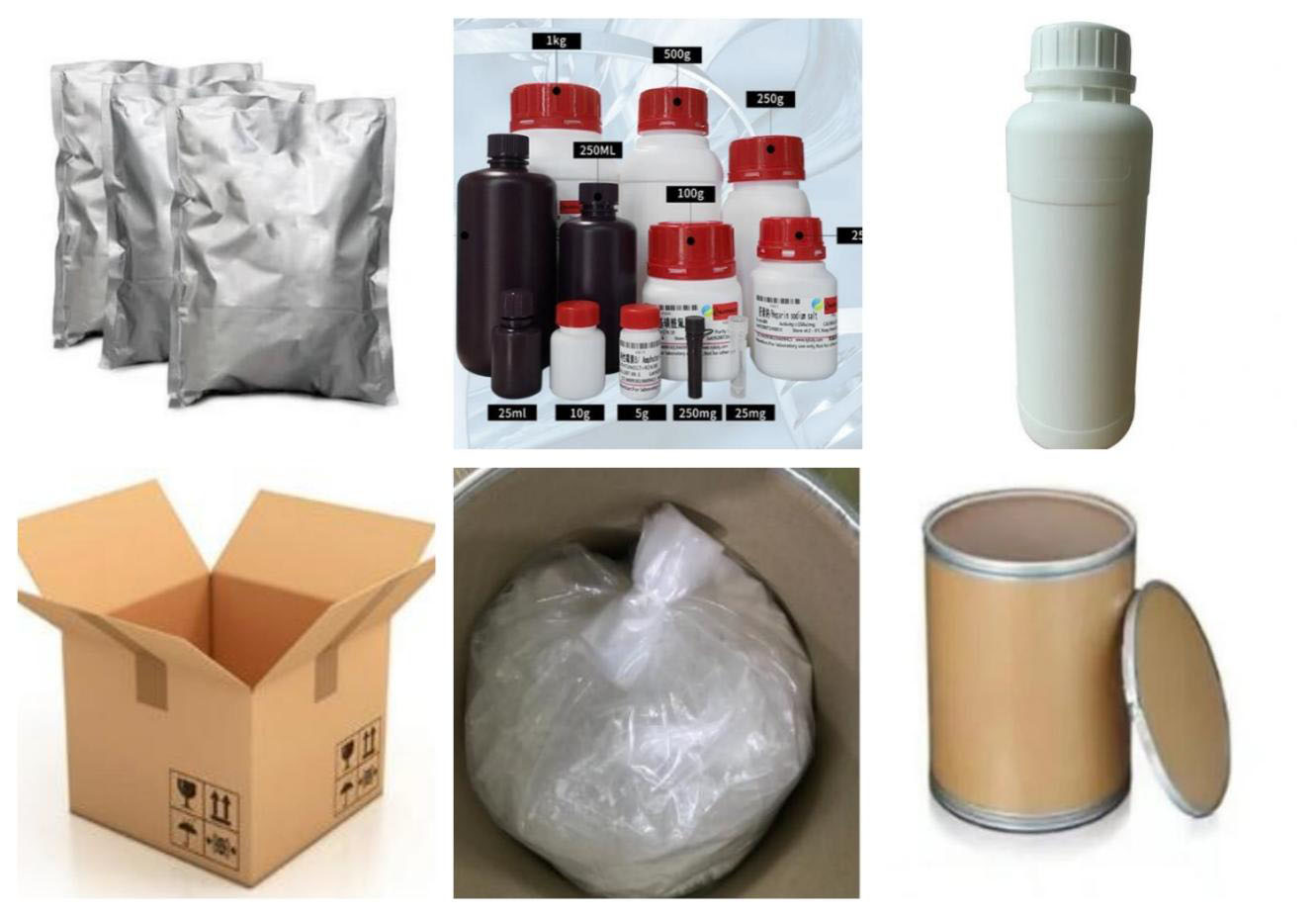Application and Effect
Enzymatic Assays: BTCI is widely used in experimental setups to determine BChE activity. It serves as a substrate that, when cleaved by BChE, produces a measurable reaction product. The generated thiocholine can be quantified using spectrophotometric or fluorometric methods, providing information about the BChE activity levels. Clinical and Diagnostic Applications: BChE activity measurement using BTCI has clinical significance, particularly in the diagnosis and monitoring of various medical conditions. Abnormal BChE levels have been linked to certain diseases, including liver and kidney disorders, neurodegenerative disorders (such as Alzheimer's disease), and exposure to certain toxins. Assessing BChE activity using BTCI can aid in the detection and management of these conditions. Pharmacological Studies: BTCI and BChE are also relevant in pharmacological research and development. BChE is involved in the metabolism of certain drugs, including muscle relaxants and local anesthetics. By studying the effect of drugs on BChE activity using BTCI as a substrate, researchers can gain insights into drug metabolism, potential drug interactions, and the development of novel therapeutic agents.Product Packing:

Additional Information:
| Composition | C9H20INOS |
| Assay | 99% |
| Appearance | White powder |
| CAS No. | 1866-16-6 |
| Packing | Small and bulk |
| Shelf Life | 2 years |
| Storage | Store in cool and dry area |
| Certification | ISO. |
